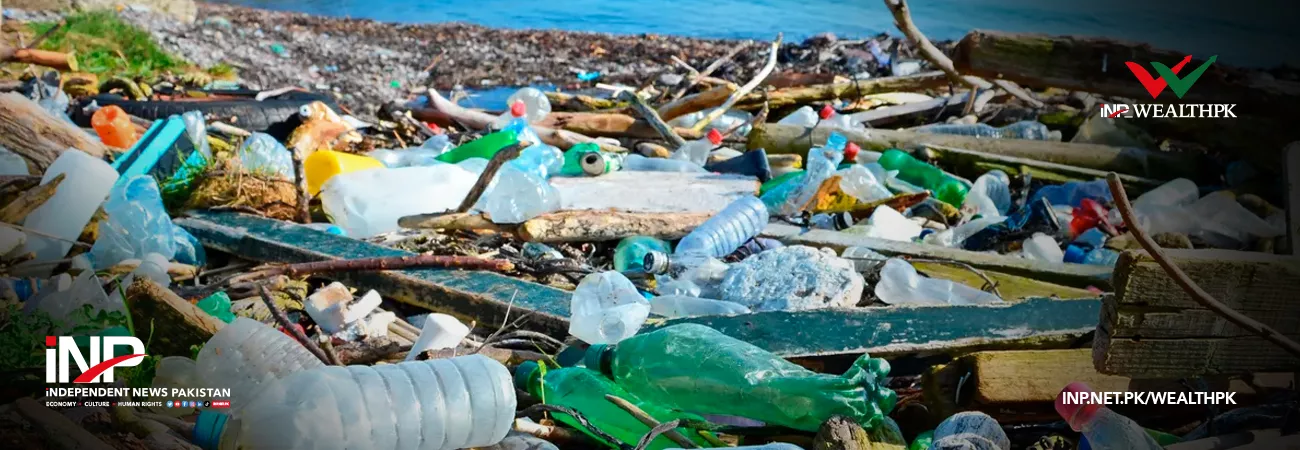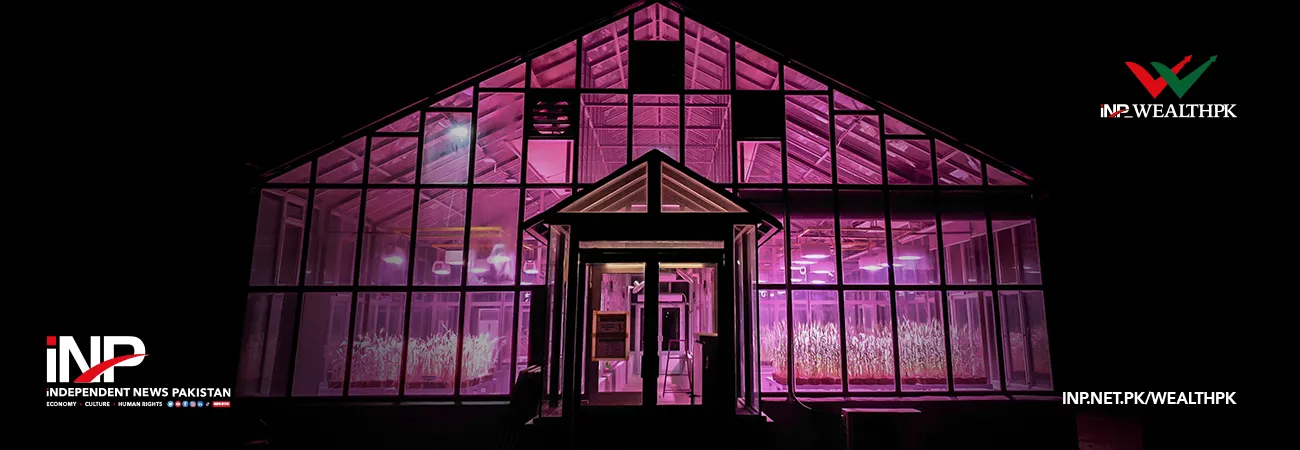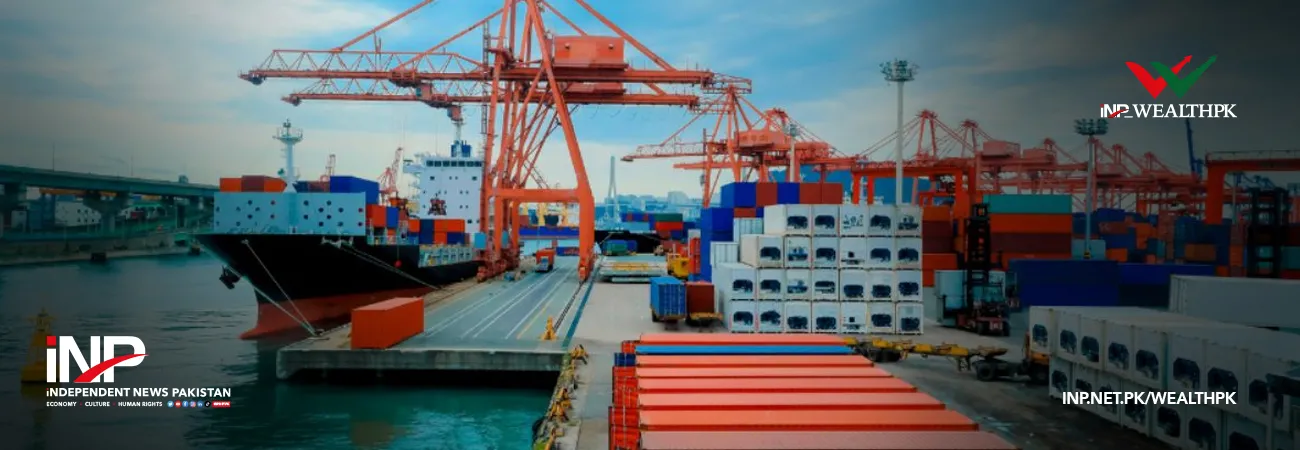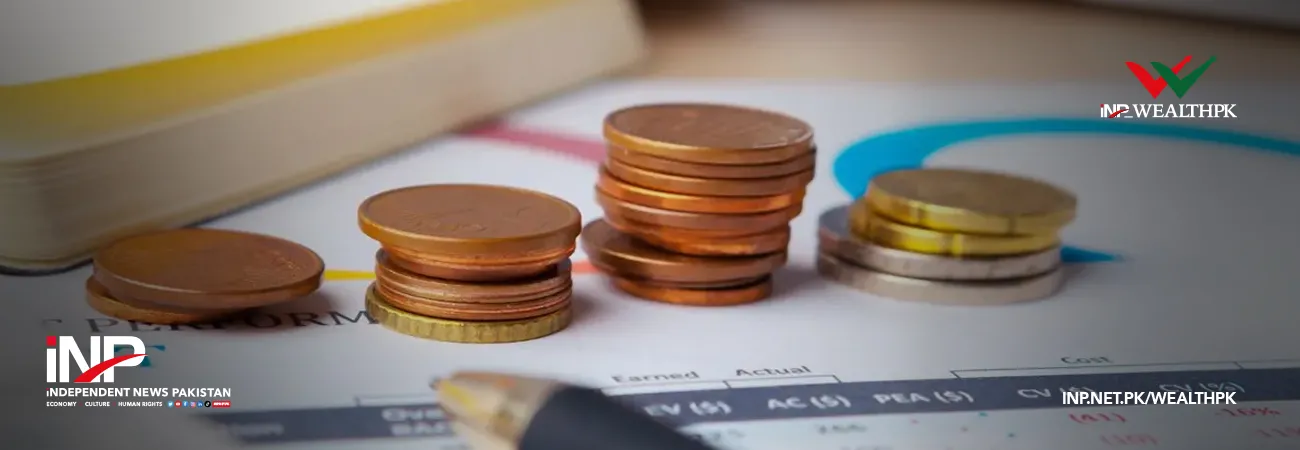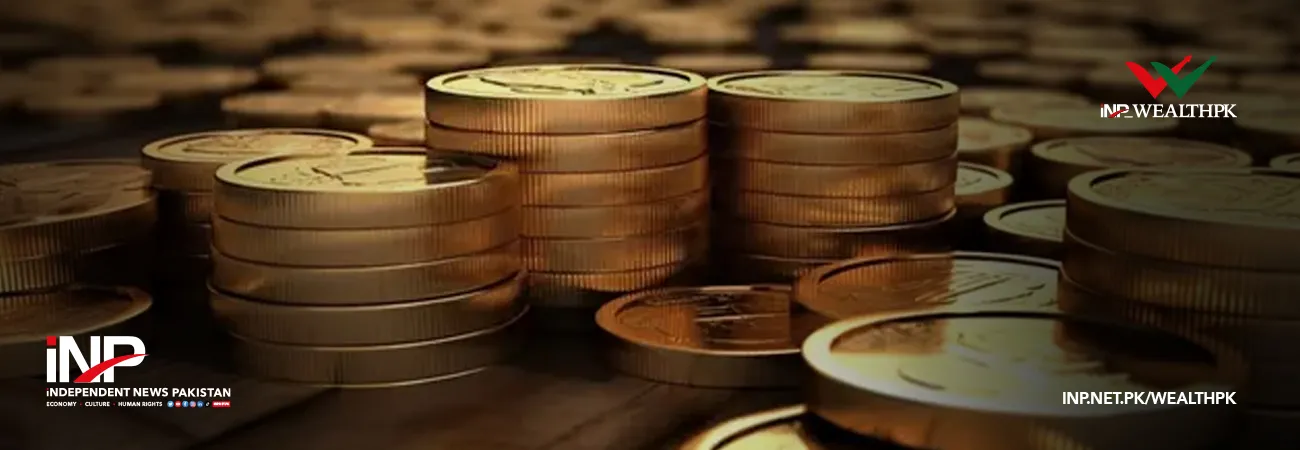INP-WealthPk
Arooj Zulfiqar
Overproduction of plastic waste has been causing negative impacts on the environment in Pakistan, like elsewhere in the world. Abid Qayyum Sulehri, Executive Director Sustainable Development Policy Institute (SDPI), said this while talking to WealthPK. He said waste management was a major global issue that governments faced daily and Pakistan was no stranger to this phenomenon.
According to studies, plastic pollution is drowning and poisoning the planet. A total of nine billion tonnes of plastic were produced between 1950 and 2017, of which seven billion tonnes were discarded. Today, 11 million tonnes of plastic continue to pollute and poison the oceans. “As a result of plastic pollution, we’re facing a triple planetary crisis: climate change, nature and biodiversity loss, and pollution and waste. It hinders the right to a healthy environment and slows sustainable development,” said Sulehri.
“The world is grappling with the environmental consequences of plastic waste, and Pakistan is no different. We generate an estimated 20 million tons of waste each year, with plastic waste making a significant proportion of it,” he added. “In 2020, Pakistan produced 3.9 million tons of plastic waste, of which 65 percent was mismanaged. Around 18 percent of municipal solid waste produced in Pakistan is plastic and only 3 percent of the plastic used by the manufacturing industry is recycled material.”
According to the World Bank, only 27 percent of Pakistan’s plastic waste is recycled, leaving the rest in landfills or open spaces, where it takes hundreds of years to decompose. Additionally, a study conducted by the Worldwide Fund for Nature (WWF) in 2018 found that Pakistan was one of the top 10 countries in terms of plastic pollution, with an estimated 90 percent of plastic waste being improperly disposed of.
To tackle this problem, Pakistan needs to focus on building a circular economy where the waste is reduced, reused, and recycled. This requires a concerted effort by all the stakeholders, including the government, the private sector, and civil society. The first step is to reduce plastic consumption by promoting sustainable alternatives, such as reusable bags, containers, and packaging materials. The government can play a crucial role in this regard by imposing a ban on single-use plastic bags and promoting eco-friendly products.
The government is already leading the way on environmental issues. The Ministry of Climate Change has imposed a complete ban on the manufacture, import, sale, purchase, storage and use of polythene bags in the Islamabad Capital Territory. In February 2022, Pakistan established the National Plastic Action Partnership to provide a platform of action for plastic waste management. This initiative will result in a circular economy framework to reduce plastic waste and pollution.
Credit: Independent News Pakistan-WealthPk



